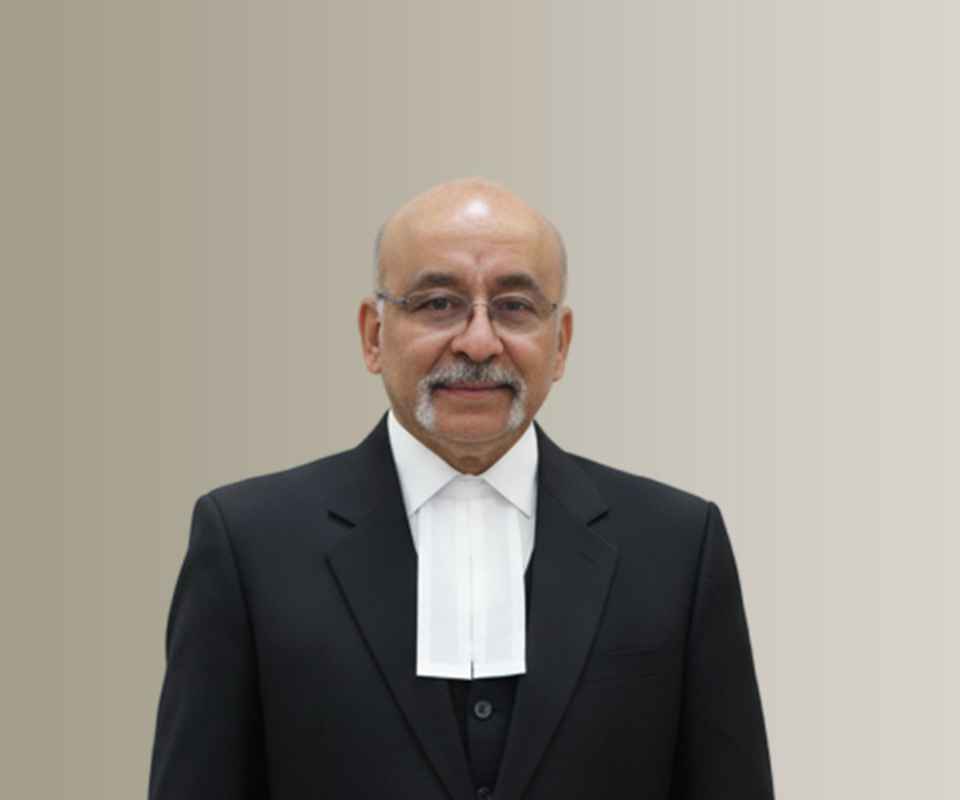Answer By law4u team
In India, surrogacy is a highly regulated practice, governed by the Surrogacy (Regulation) Bill, 2020. While surrogacy allows many couples to have children, it is subject to specific eligibility criteria and legal provisions. As for same-sex couples, the question of whether they can legally access surrogacy in India is complex, as the law currently limits surrogacy arrangements to heterosexual married couples.
Legal Status of Surrogacy for Same-Sex Couples in India
Surrogacy (Regulation) Bill, 2020
The Surrogacy (Regulation) Bill, 2020, which is the primary legislation governing surrogacy in India, outlines clear criteria for those eligible to engage in surrogacy. Under this Bill:
- Surrogacy is allowed only for heterosexual married couples.
- The law specifically prohibits commercial surrogacy and allows only altruistic surrogacy (where the surrogate is compensated only for medical and insurance expenses).
- The Bill defines the eligibility of the intended parents as:
- They must be an Indian married couple (either both male and female).
- The age of the intended mother should be between 23 and 50 years, and the intended father should be between 26 and 55 years.
- The couple must have been married for at least five years and must be unable to conceive naturally.
- The same-sex couples are explicitly excluded from these provisions, as the law defines the intended parents as a heterosexual married couple.
Lack of Legal Recognition for Same-Sex Marriage
In India, same-sex marriage is not yet legally recognized. The Indian legal system does not currently grant the same marital rights to same-sex couples as it does to heterosexual couples, which poses a barrier for same-sex couples who wish to pursue surrogacy.
Although there have been efforts to legalize same-sex marriage in India, particularly with the Nalsa v. Union of India case in 2014 and other judicial advancements toward LGBT rights, the surrogacy laws still exclude same-sex couples due to the marriage-based eligibility criteria.
Eligibility for Same-Sex Couples
As per the Surrogacy (Regulation) Bill, 2020:
- Same-sex couples, including gay and lesbian couples, are not eligible for surrogacy in India.
- The Indian surrogacy laws currently do not provide a legal framework for same-sex couples to become parents through surrogacy, as the law restricts surrogacy to legally married heterosexual couples.
- This situation creates a legal gap for same-sex couples who wish to use assisted reproductive technologies (ART) such as surrogacy to have children.
Reproductive Rights of Same-Sex Couples
While same-sex couples in India do not currently have the right to access surrogacy under the Surrogacy (Regulation) Bill, the Supreme Court of India has made significant strides in the area of LGBT rights. In 2018, the court decriminalized Section 377 of the Indian Penal Code, which had criminalized consensual same-sex relations. However, there is still no legal framework that specifically addresses reproductive rights for same-sex couples, including access to surrogacy.
International Surrogacy
Since the Surrogacy (Regulation) Bill, 2020 limits surrogacy to heterosexual married couples within India, same-sex couples may consider surrogacy in other countries where the legal framework is more inclusive.
Many countries, such as the U.S., Canada, and Thailand, have more liberal laws that allow same-sex couples to pursue surrogacy, making them attractive destinations for international surrogacy arrangements. However, same-sex couples wishing to pursue international surrogacy must navigate complex legal, financial, and immigration procedures.
Possible Legal Changes and Future Outlook
The current legal framework for surrogacy in India does not support same-sex couples. However, there is an ongoing conversation about LGBT rights and the legalization of same-sex marriage, which may impact the future of surrogacy law:
- LGBT Rights and Surrogacy Reform: If same-sex marriage is legalized in India, it could open the door for same-sex couples to access surrogacy, as the existing law restricts access to surrogacy based on the marital status of the intended parents.
- Court-Ordered Reforms: If the issue of surrogacy for same-sex couples is raised before the courts, there could be judicial interpretations that challenge the existing legal provisions.
Example
Aarav and Sameer, a same-sex couple, wish to have a child through surrogacy in India. Under the current Surrogacy (Regulation) Bill, 2020, they are not eligible for surrogacy because the law only permits heterosexual married couples to pursue surrogacy. They would need to look into surrogacy options in other countries where same-sex couples are allowed to become parents through surrogacy, such as the United States or Canada.







